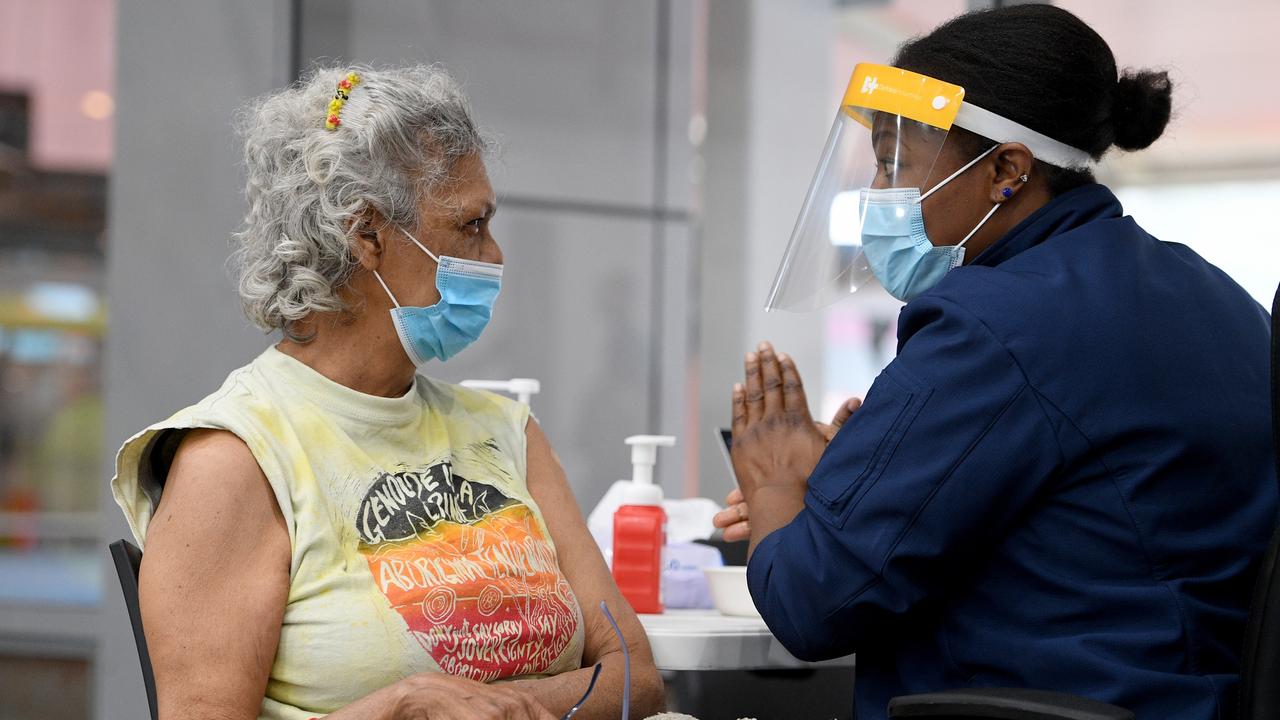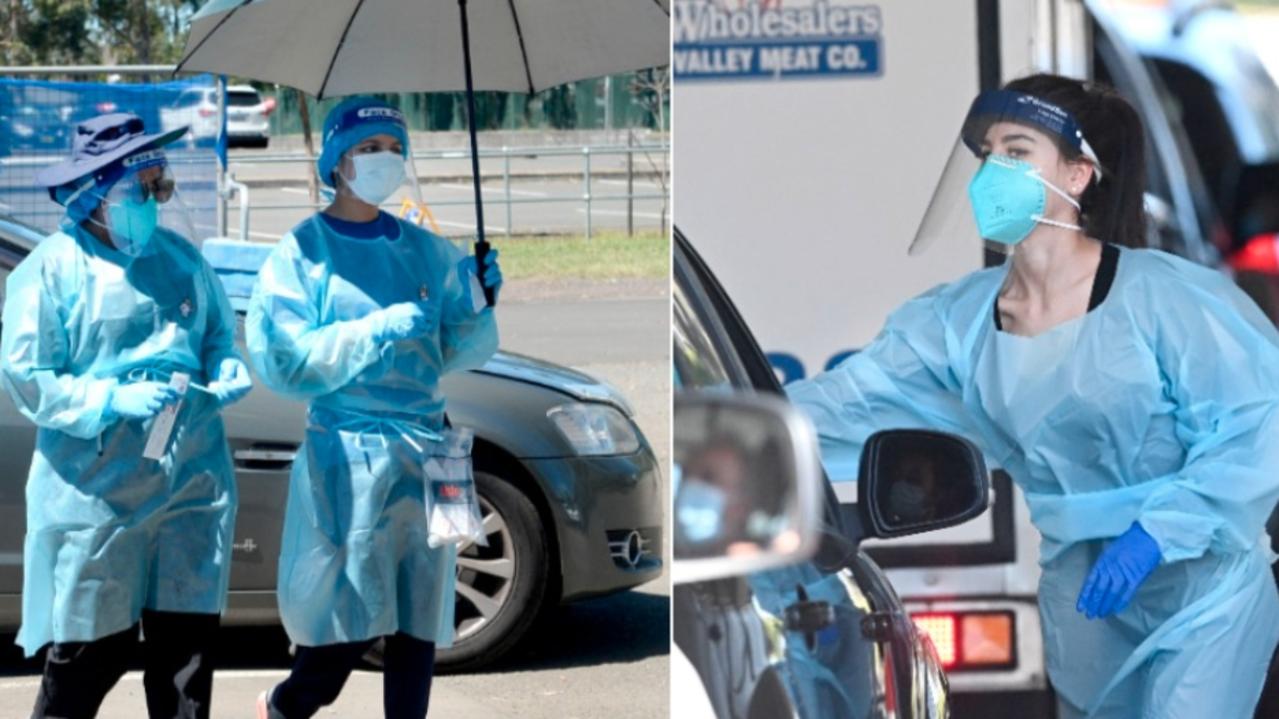Shark attacks won’t be stopped with sonar, satellite yet, Taronga Zoo summit hears
NEW shark deterrents such as satellite tracking and electric currents will be trialled within months but new measures are unlikely to be in place for summer.
TRIALS to gauge the success of shark deterrents such as satellite tracking and electric currents will be underway within months, NSW Premier Mike Baird told a shark summit at Taronga Zoo today.
But any new shark protection measures are unlikely to be in place before summer hits the NSW east coast.
Seventy shark experts from Australia, South Africa and the US gathered in Sydney on Tuesday to compare technologies designed to protect surfers and swimmers.
There have been 13 shark attacks in NSW so far this year, up from three in 2014, and one surfer has been killed.
The government has already responded to a spate of high-profile attacks on the NSW north coast with a $250,000 shark-tagging program and an independent review of detection and deterrence technologies.
Mr Baird, a keen surfer who represents the beachside Sydney electorate of Manly, told reporters outside the summit at Taronga Zoo that keeping beachgoers safe was an “absolute priority”.
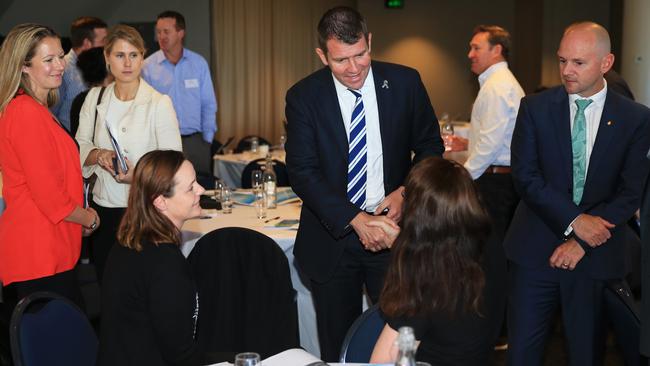
But he said he would be guided by scientists, not intuition, in determining how that should be done.
“Obviously there are things we need to weigh up, but we are going to do everything possible to get the trials underway this summer,” Mr Baird said.
Beaches around Sydney, Newcastle and the Central Coast are protected by shark nets, but there is no meshing on beaches in the far north.
“We’re seeing some of the toughest people on the planet up there — that take on some of the biggest, most treacherous waves without even blinking — in a position where they’re now very fearful to go into the water,” Mr Baird said.
“So part of our job is to help bring confidence back to the community.”
IT WAS ABSOLUTELY TERRIFYING: SURFER RECALLS ATTACK
MARINE SCIENCE EXPERT HOSES DOWN FEARS OF MORE ATTACKS
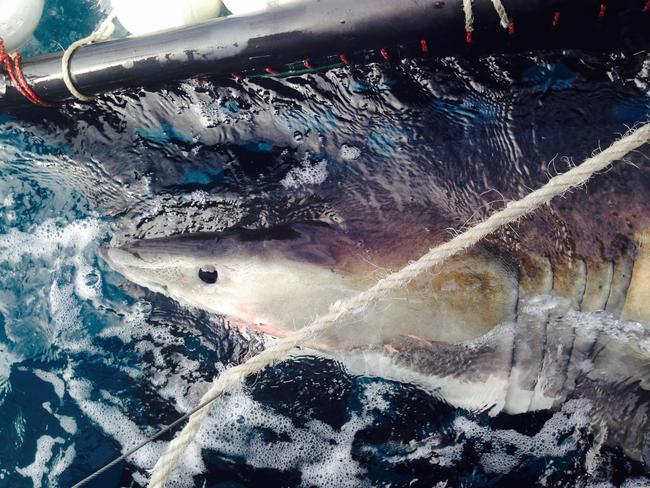
Primary Industries Minister Niall Blair has ruled out a wholesale cull of great white sharks, which are protected under NSW law.
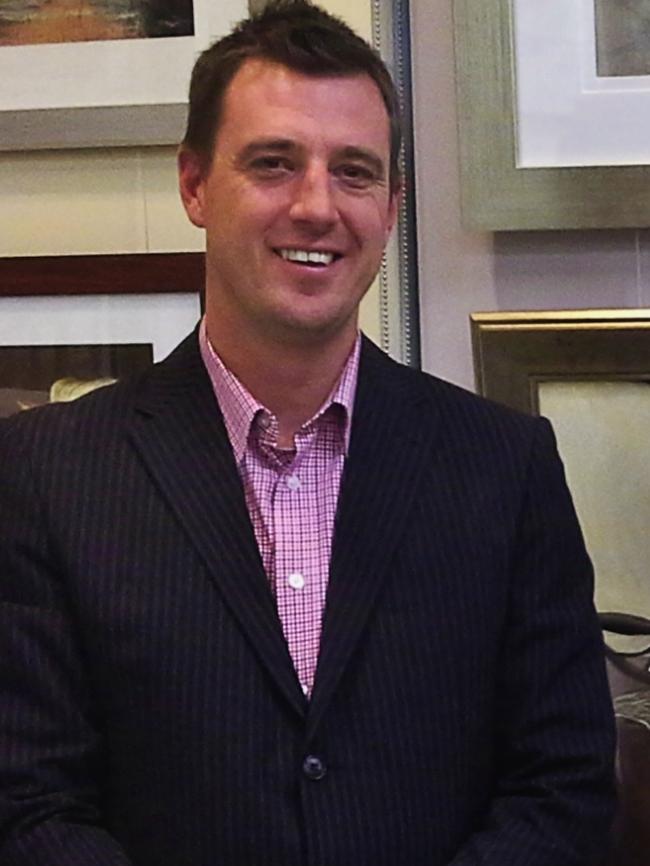
The DPI’s top shark biologist Vic Peddemors said he believed beachgoers wanted a more environmentally-friendly approach than old-fashioned nets.
“We feel that they have been effective but they do have obvious by-catch issues,” Dr Peddemors said.
He said the aim was to protect people “with minimal impact on the environment”.
But Warringah Mayor Michael Regan said any new shark protection measures should be put on ice until it is proven they are more effective than nets at Warringah beaches.
These include installing barriers instead of nets, devices which emit an electric current, sonar detection and satellite tracking.
Cr Regan said: “Until such time it can be demonstrated (new technologies) are as effective or more effective than the current nets, my personal view is I’m not interested.
“We haven’t had one death or one attack since shark nets were installed on our beaches.
“I’m not being inundated by emails or phone requests from people saying they have grave concerns, but that doesn’t mean they’re not out there.”
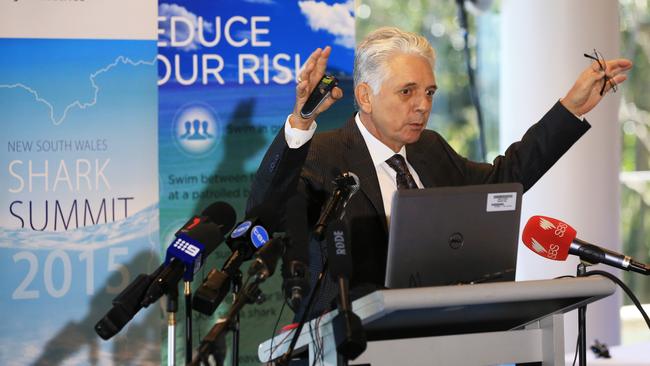
Cr Regan said he would support improvements like barriers if, as promised, they did not affect marine life and were as effective as shark nets.
The NSW Government published a review of emerging technologies yesterday which found most need to be improved before they can be trialled.
A shark spotter program was the best candidate for trial, it found.
It cited a program in Cape Town, South Africa, in which spotters use binoculars to sight sharks.
The program has restored some public confidence, the review said, but had not completely prevented shark attacks.
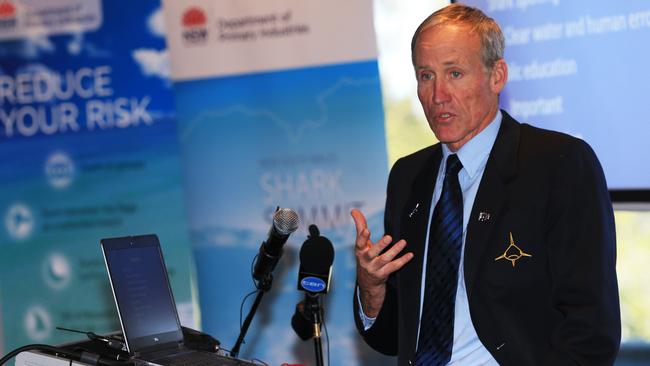
Dr Peddemors said authorities would only use technologies once convinced they work.
The plastic barriers were of interest to Manly Council. The council has been willing to trial them at Manly Beach to reduce impact on marine life. Mayor Jean Hay was conscious of the array of animals at Cabbage Tree Bay.
“I think the plastic (barriers) would be preferable to nets, it means fish don’t get caught,” she said.
Join the conversation on the Manly Daily Facebook page.

